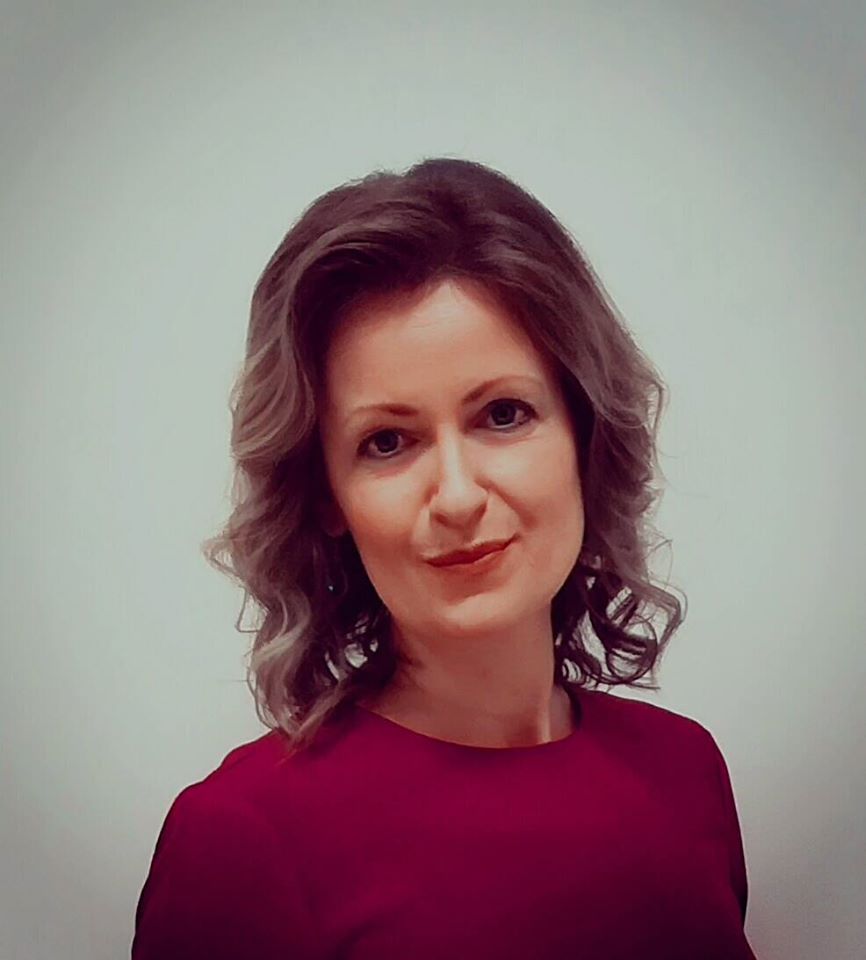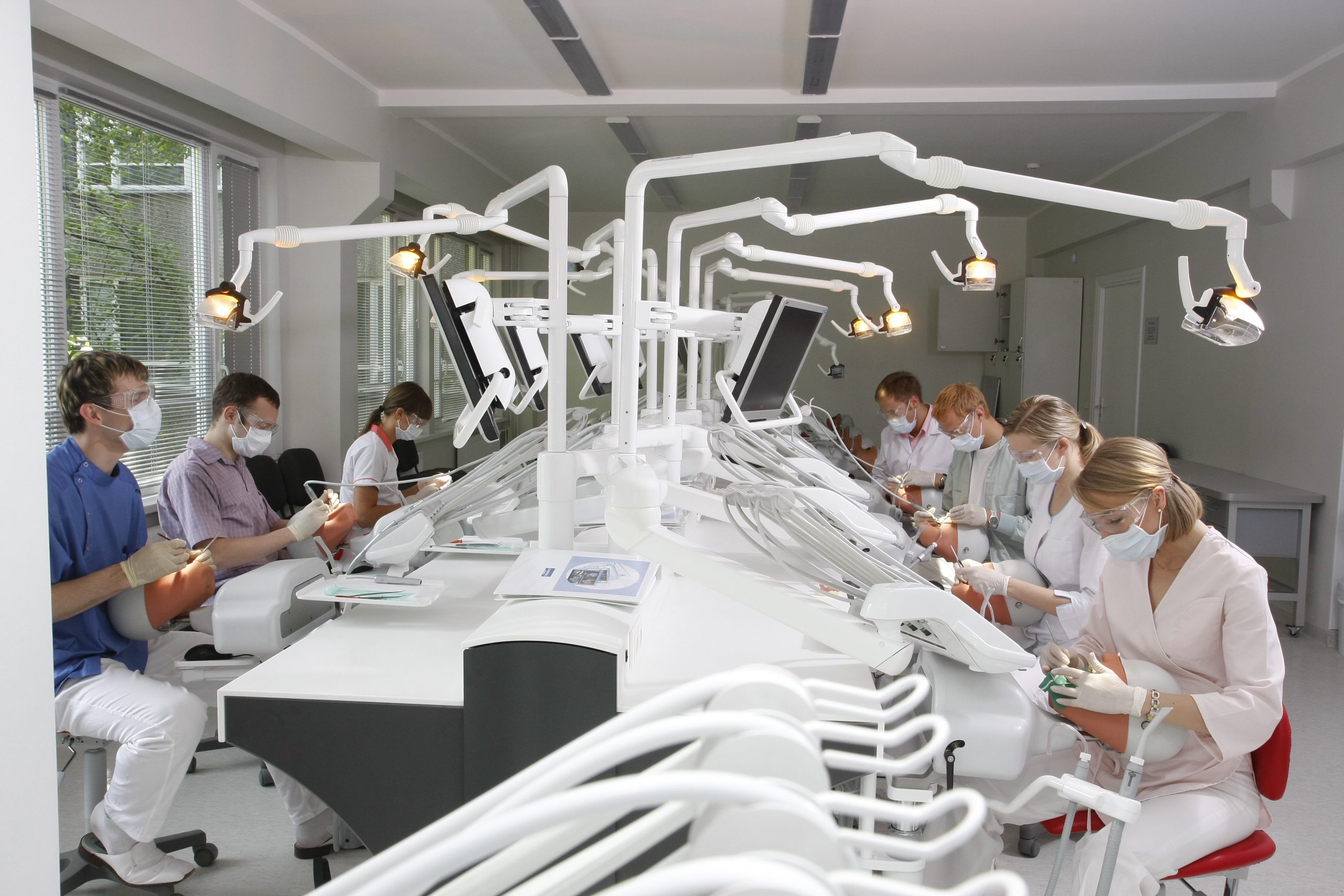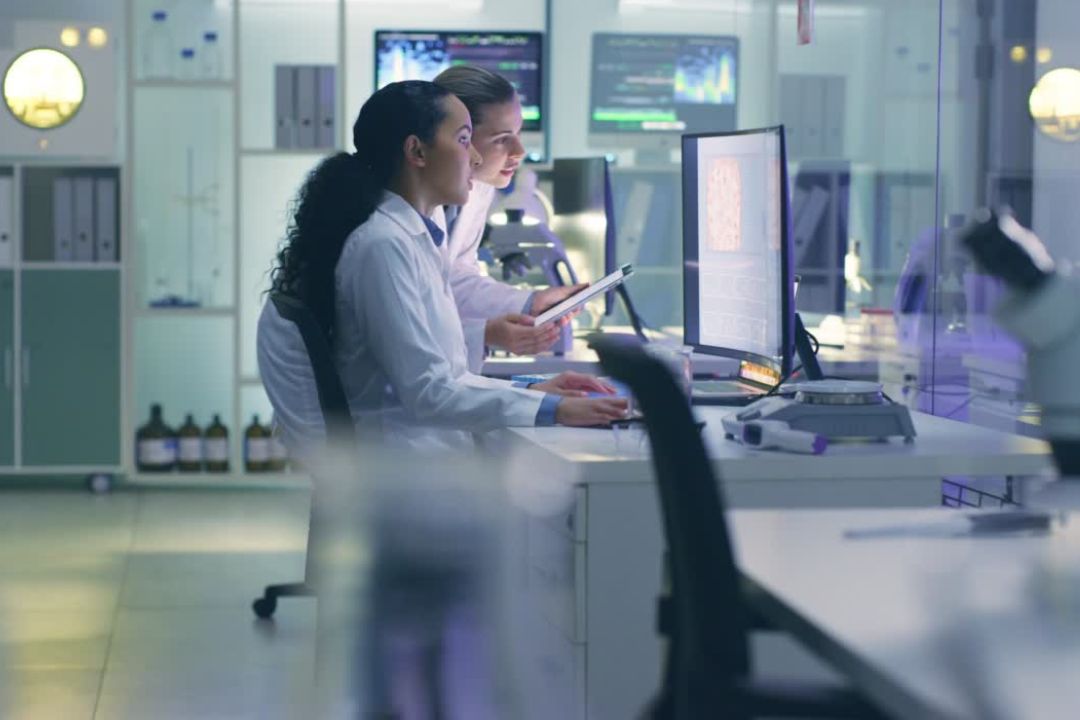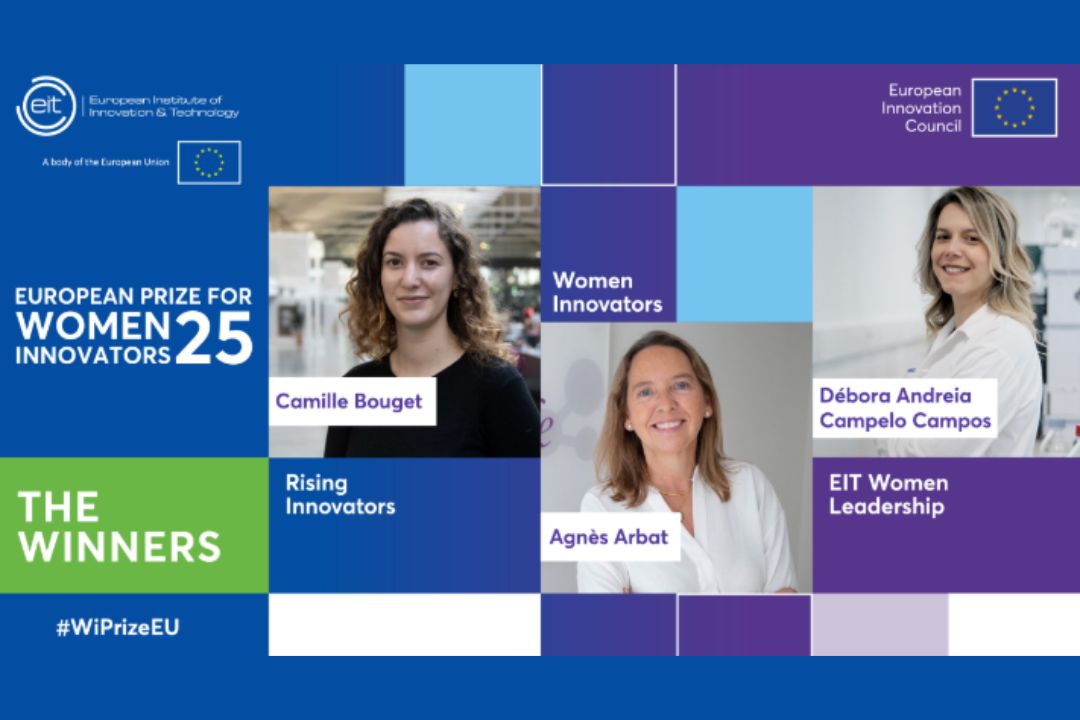21st October 2021
What are the latest trends among health start-ups in Latvia? What is the level of collaboration between start-ups and hospitals in the Baltic country? – these are some of the questions that have been answered in an intriguing new study. Baiba Pētersone from the Rīga Stradiņš University (RSU), Latvian EIT Health Hub, put the findings into context and shared how EIT Health has helped strengthen the Baltic region’s innovation capacity.

“We were pleased to discover that the interest in healthcare innovation continues to grow among hospitals and start-ups in Latvia. Although Covid-19 has accelerated this interest, general societal trends – aging population, higher life expectancy and a demand for high quality healthcare services – have already established a need for innovative solutions” – shares the main conclusions of the study Baiba Pētersone, Director of the International Department at RSU, which became an EIT Health Hub in 2019. “We learnt that there is a new generation of researchers who choose an applied industry path over traditional academic careers, thus, facilitating a faster route to innovation and its commercialisation.”
According to the findings of the study, start-ups are more proactive than hospitals in seeking possibilities for collaboration: in the past few years 73% of the start-ups have proposed collaborations to hospitals, more than a half of which resulted in successful co-operations. It might be explained by different institutional cultures and legal frameworks. Hospitals are usually highly regulated institutions with strong traditions, whereas start-ups tend to operate more flexibly. Yet for those collaborations to be successful, start-ups must have an in-depth understanding of healthcare and the national hospital system. It is also important for them to have third-party issued proofs of legitimacy such as certificates, external funding, or a recommendation from another healthcare institution.
“We also inquired about the benefits of collaboration for hospitals. These include better patient care and services, opportunities to assign highly qualified medical personnel to more advanced tasks, and possibilities to help medical and administrative personnel to enhance their competencies” – explains Baiba Pētersone. In her experience, hospitals and start-ups are optimistic about the future opportunities for collaboration.
“I believe that there is a great potential for the adoption of new technologies at Latvian hospitals. Innovative medical devices are already successfully integrated into fields such as cardiology, radiology, orthopaedics, implantology, phlebology and others… Smart technologies have opened new opportunities to patients and hospitals” – she says, adding data management and IT solutions are areas in which collaboration lag somewhat behind.
The challenges behind different institutional cultures
The study – in which both senior hospital managers and start-up entrepreneurs shared their experiences –, however, identified some challenges related to the co-operation between start-ups and hospitals. One of them is that the actors come from different institutional cultures which results in a difference in perceptions.
“There is lack of various resources at hospitals, especially now, during the Covid-19 pandemic. If the medical and administrative personnel are overworked, they cannot engage in innovation” – she points out. “Throughout this study, we also learnt that there is a need for a national legal framework that could help innovations by start-ups integrate into healthcare institutions. Both actors acknowledged that they could use national support funding for different stages and areas of innovation.”
EIT Health: creating partnerships
One of the flagship programmes is EIT Health RIS Innovation Call, whose important goal is to create partnerships between business and academic / research / health institutes. One of the winners of the 2021 edition, for example, has formed a consortium that consists of a respiratory device company, Hipnos, Riga Technical University and Pauls Stradiņš Clinical University Hospital. The aim of this project is to develop an add-on module for CPAP devices to assist patients with obstructive sleep apnoea.

Such consortia successfully link various actors of the Latvian healthcare eco-system and take advantage of each consortium member’s expertise. It combines scientific knowledge, entrepreneurial experience, and clinical validation. When such collaborations are successful, they serve as examples for others.
“EIT Health has successfully supported the Latvian healthcare ecosystem through its various programmes for a range of stakeholders. Students have benefited from EIT Health i-Days that include the possibility for the winning team to compete with its European counterparts. HelloAI RIS Online, a course on artificial intelligence, has attracted a very high number of students from various Latvian universities” – says Pētersone, adding that other EIT Health programmes, such as the previously mentioned EIT Health RIS Innovation Call, Headstart, Bootcamp, InnoStars Awards and EIT Jumpstarter, are also popular among Latvian start-ups.
Companies, for example, that develop medical devices – this seems to be the most popular area among start-ups – have successfully participated in various EIT Health programmes. A MedTech start-up called Koatum has developed a coating technology for dental and orthopaedic implants; MedHydrogel has produced therapeutic contact lenses; FerterexX has created a device to enhance male fertility and Cellbox Labs works on an organ-on-chip technology for effective testing of medicine. Another remarkable Latvian start-up – though not in the field of medical devices but in digital therapeutics – that has been supported by EIT Health is Vigo, which aims to be a worldwide leader in stroke rehabilitation.
Bringing innovative ideas and practices to the hospitals
The Latvian EIT Health Hub also plays an important role in creating partnerships, among others, with organising events such as Morning Health Talks, a series of webinars about innovation in hospitals featuring European and local speakers. Other events target specifically young healthcare entrepreneurs, such as a new programme of masterclasses, called Brain Food for Innovators. As Pētersone explains, the Latvian healthcare system is quite hospital-centred, so the role of the hub is to bring innovative ideas and practices to the hospitals and help them establish ties with other actors in the eco-system.
“In sum, EIT Health has helped our region strengthen its innovation capacity and connect with the European healthcare eco-system. It has provided our healthcare actors with various resources and opportunities for networking. The Latvian healthcare system needs innovative and patient-centred solutions. There is great talent in the region and EIT Health lets this talent fulfil its potential” – she concluded.
Baiba Pētersone, Ph.D., has held the position of Director of International Department at Rīga Stradiņš University (RSU) since December 2014. She is responsible for the University’s international collaborations and admissions. In Autumn 2018 she, along with colleagues, established Latvian representation of the European Institute of Innovation and Technology’s Health Community – EIT Health Hub Latvia. Its aim is to facilitate innovations in the regional healthcare eco-system.
How 5 EIT Health start-ups are driving big data innovations in healthcare

Harnessing health data in Europe.
Celebrating EIT Health-supported innovators at the 2025 European Prize for Women Innovators

Congratulations to the winners.
Investing in children's health: The urgent need for paediatric innovation in Europe

Paediatric and maternal health innovation across Europe.